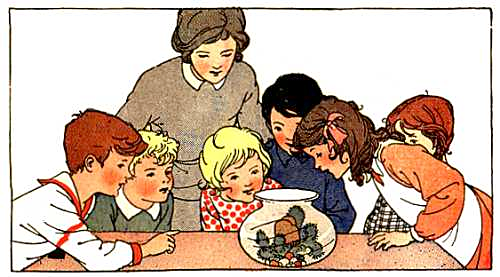In my senior English class, I always assign students to
read a biography or other nonfiction book of their choosing. The greatest benefit of the assignment may be that students find for the first time the unexpected thrill of enjoying a book.
Secondary benefits they experience include:
- learning new things,
- "traveling" from the comfort of home,
- becoming an expert on a person,
- finding a hero,
- having fun conversing with their peers about their chosen books,
- and understanding the world around them better than they did before.
Biography, more than other genres, imparts wisdom to the willing reader.
The assignment has its downside, too, though. Vivid memories of desperate conversations with librarians about overdue inter-library loans come to mind!
To help my students along,
I always read a nonfiction book at the same time. One year, it was
Unbroken by Laura Hillenbrand. I chose it because it was highly praised by critics and was being made into a movie, and because I had read and enjoyed
Seabiscuit: An American Legend by the same author. Still, in a sense I was taking a gamble. It paid off.
All the benefits I hope my students will enjoy, I enjoyed. I learned about the Pacific War, I became an expert on Louis Zamperini (a man I had never heard of before picking up the book), I found a hero (both for his will to survive and for his eventual faith in God), I enjoyed chatting with a student who had chosen the same book and with the class as a whole about our book picks, and I understood the world better for my reading.
Additionally, I built on prior knowledge about the War in Japan that I had gained from reading
Hiroshima by John Hersey.
Unbroken presented another element of the story.
This year, I wanted a specific type of book to read. The nonfiction book I wanted would teach me about the lives of refugees, the facts of the related current events, and the culture of the countries refugees call home. As a bonus, the book would reveal needs that compassionate Christians could help meet.
I found what I was looking for in
The New Odyssey: The Story of the Twenty-First Century Refugee Crisis by Patrick Kingsley. After reading a glowing
review by Christianity Today's Bethany Hoang, I immediately went to Amazon to
purchase the book.
I'm partway into
The New Odyssey now, and it's every bit as spellbinding as the review indicated. It's my nonfiction book pick for 2017 because it's opening my eyes to the reasons why refugees are fleeing their home countries and to the problems facing the nations who take them in (or choose not to). By interspersing chapters about a real Syrian refugee among chapters about the refugee crisis as a whole, Kingsley puts a human face on the story. The book hardly mentions the religious aspect of the situation, but as a Christian, it's helping me to view refugees with greater understanding and compassion. As a teacher, it's giving me much-needed background knowledge I can share with students as we learn about our world.
More to come as I continue reading!
In the meantime, what nonfiction books do you recommend—for students and for teachers? What biographies and other nonfiction works have influenced you the most? How so? Please share in the comments!
Further Reading:
Leadership in Band of Brothers Unit
What Happened When I Interviewed Hip-Hop Artist MK Asante (And a Truck With a Confederate Flag Drove By) (By the way, it looks like MK will be back in Idaho soon for the Federal Programs Conference! You won't want to miss his keynote!)
Balance and Boundaries: An Interview with Dalene Vickery Parker










